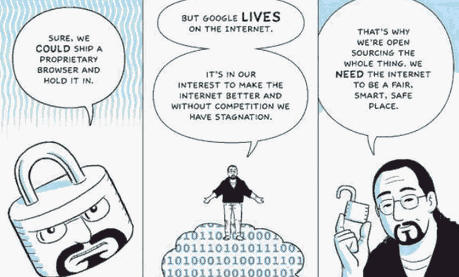I’m increasingly convinced there’s a market out there for some kind of managed WordPress hosting. A provider with special expertise in WordPress, PHP and MySQL. Someone who can look after patches etc automatically for you. Who has the knowledge and tools to offer better-than-average security. But crucially, who is also happy for competent people to mess around a bit.
There’s really no argument with the power of WordPress, its simplicity, and (of course) its price. So the point for debate when I go to pitch a WP-based idea, is where it will sit, how secure it will be there, and who will look after patches and updates. Of course, there are good answers to those questions:
- use wordpress.com, and let Automattic themselves take care of it all;
- self-host, and self-manage;
- some kind of rolling arrangement, where you bring Mr Consultant back in as and when;
but I’m thinking of a brilliant answer. One whereby the supplier pledges to apply additional security measures, and to install any patches / security updates to WordPress, PHP or MySQL as soon as they become available… but still gives freedom to designers / developers to make reasonable use of plugins (etc).
Of course, that doesn’t cover you for potential weaknesses in the plugins: and the perfect host would take some responsibility here too – vetting, approving, updating, whatever. I’d be looking for some kind of proactive communication, bringing things to my attention as and when. And of course, let’s not forget the inevitable hosting questions of bandwidth, 24/7 monitoring, disaster recovery, and so on.
If such a hosting provider exists, I’ve yet to find them. I know of several well-regarded services aimed at serious developers; but I haven’t yet seen any aimed at the emerging class of designers with reasonable tech skills.
And I’m steadily becoming convinced there are enough of us around, small-scale operators producing customised WordPress sites, to make it a viable business. Clients would unquestionably pay a decent premium annually for managed hosting like this, especially when the base software itself is free of charge.
It’s not something a solo operator could take on, but I’m wondering if there are people reading this who could help make it happen. Some kind of cooperative, perhaps? Somebody already in the hosting business, with PHP and MySQL skills, but no WordPress t-shirt yet?
Please, if anyone has any thoughts, suggestions or draft business plans… stick a note in the comments, or drop me an email.


